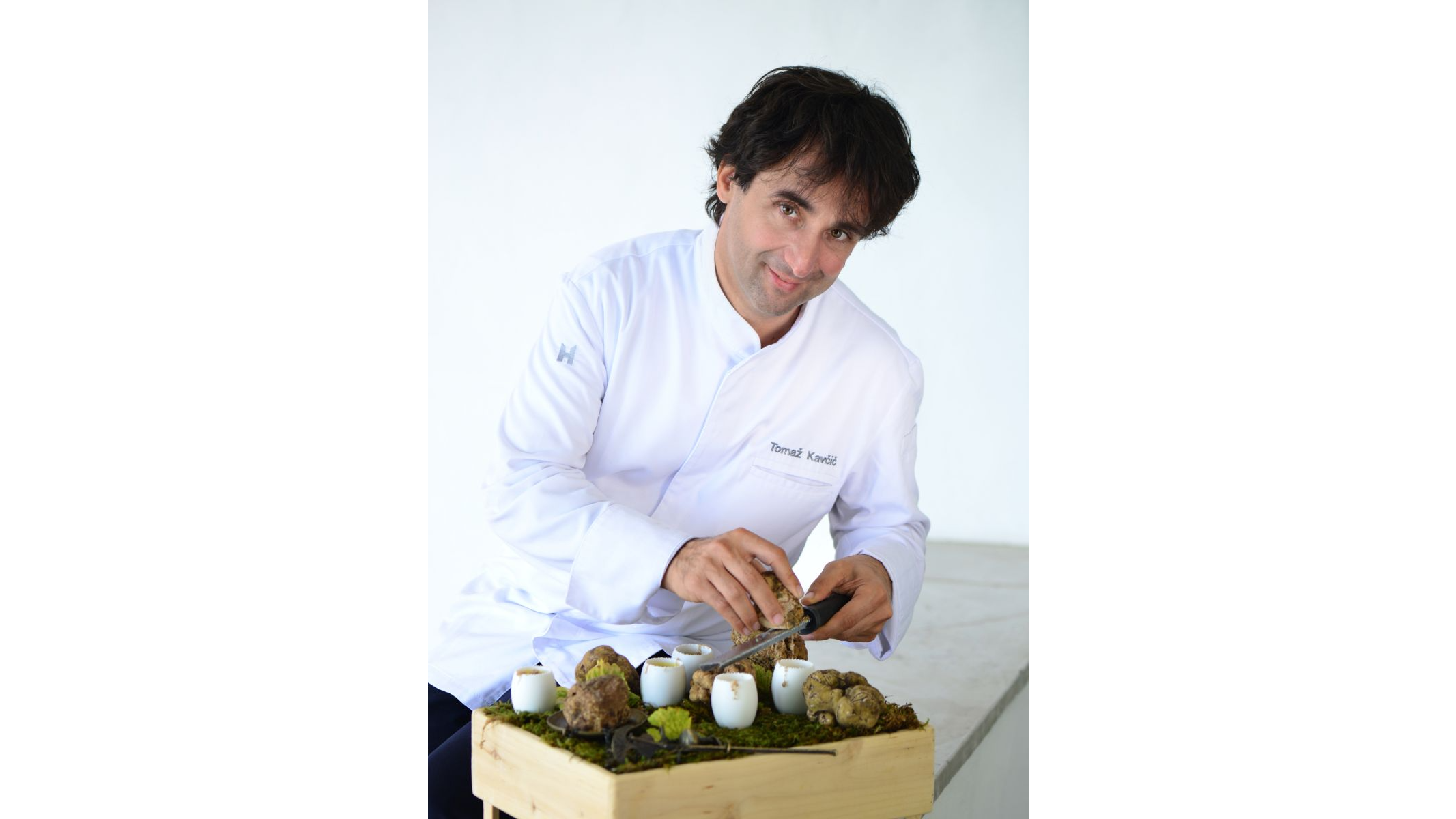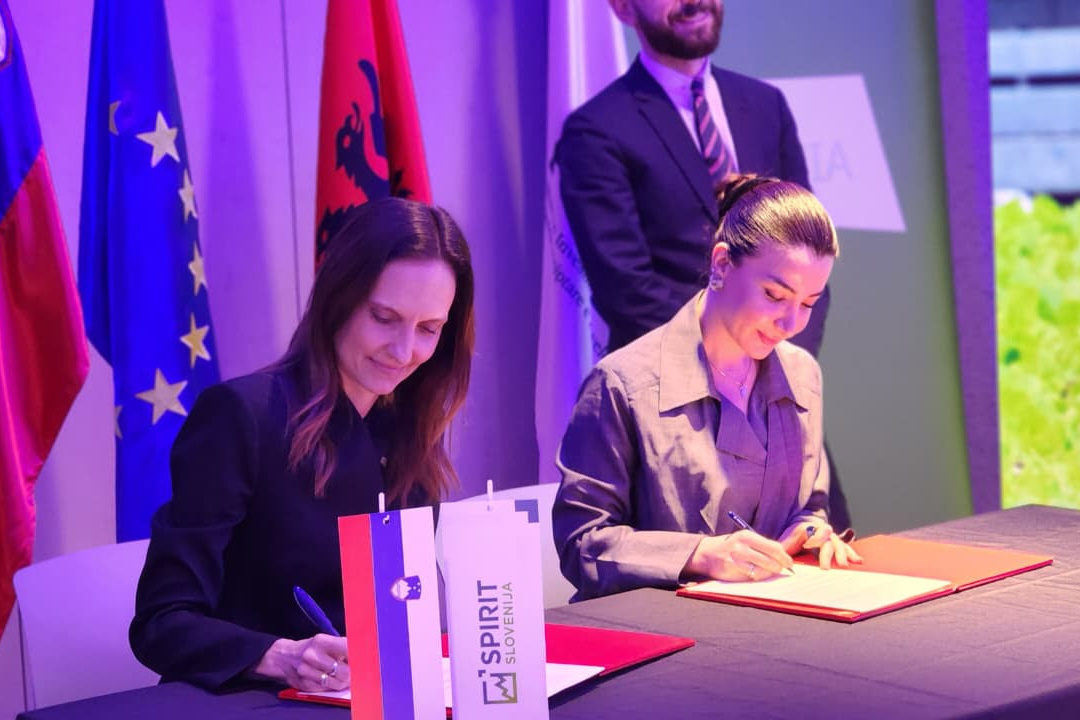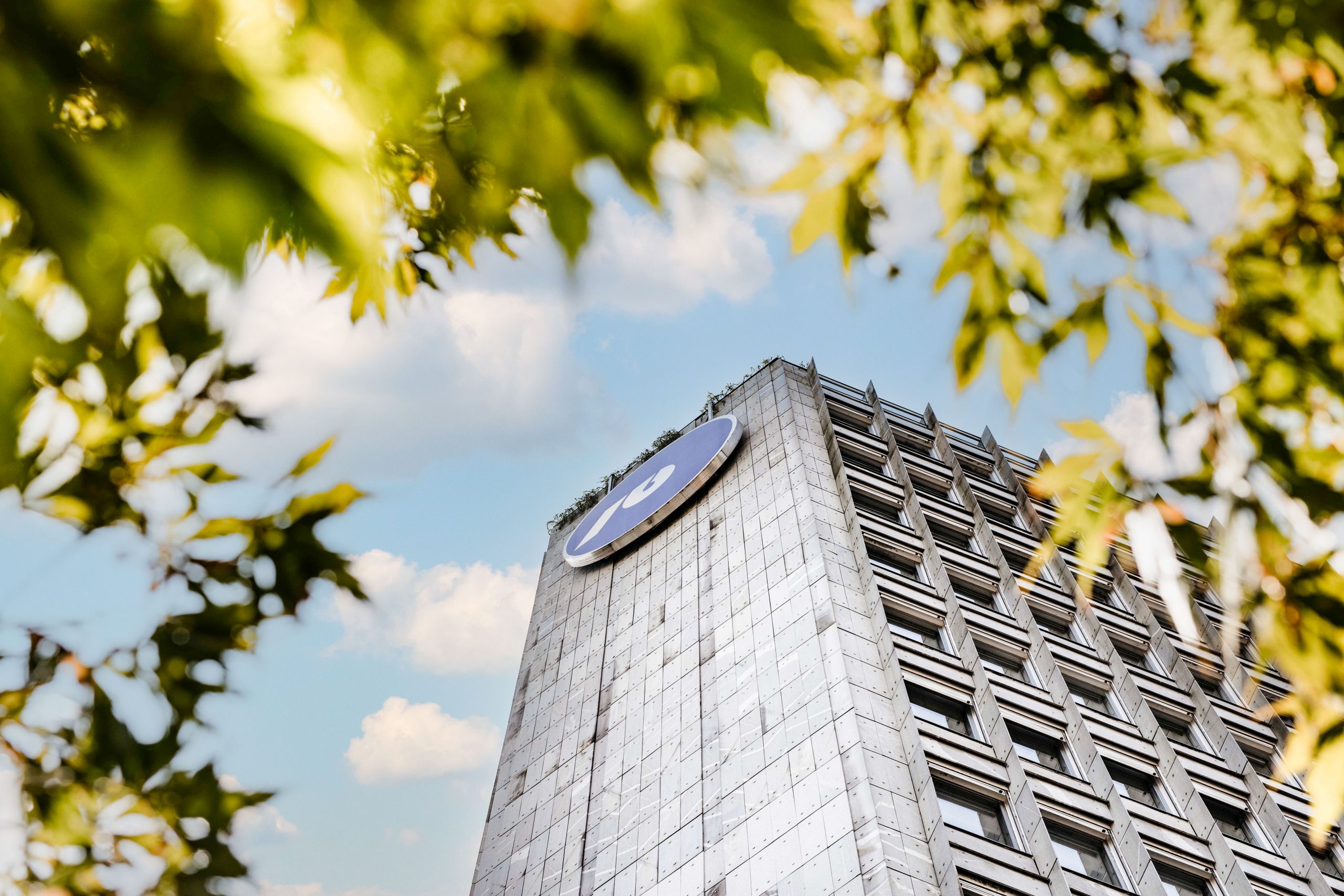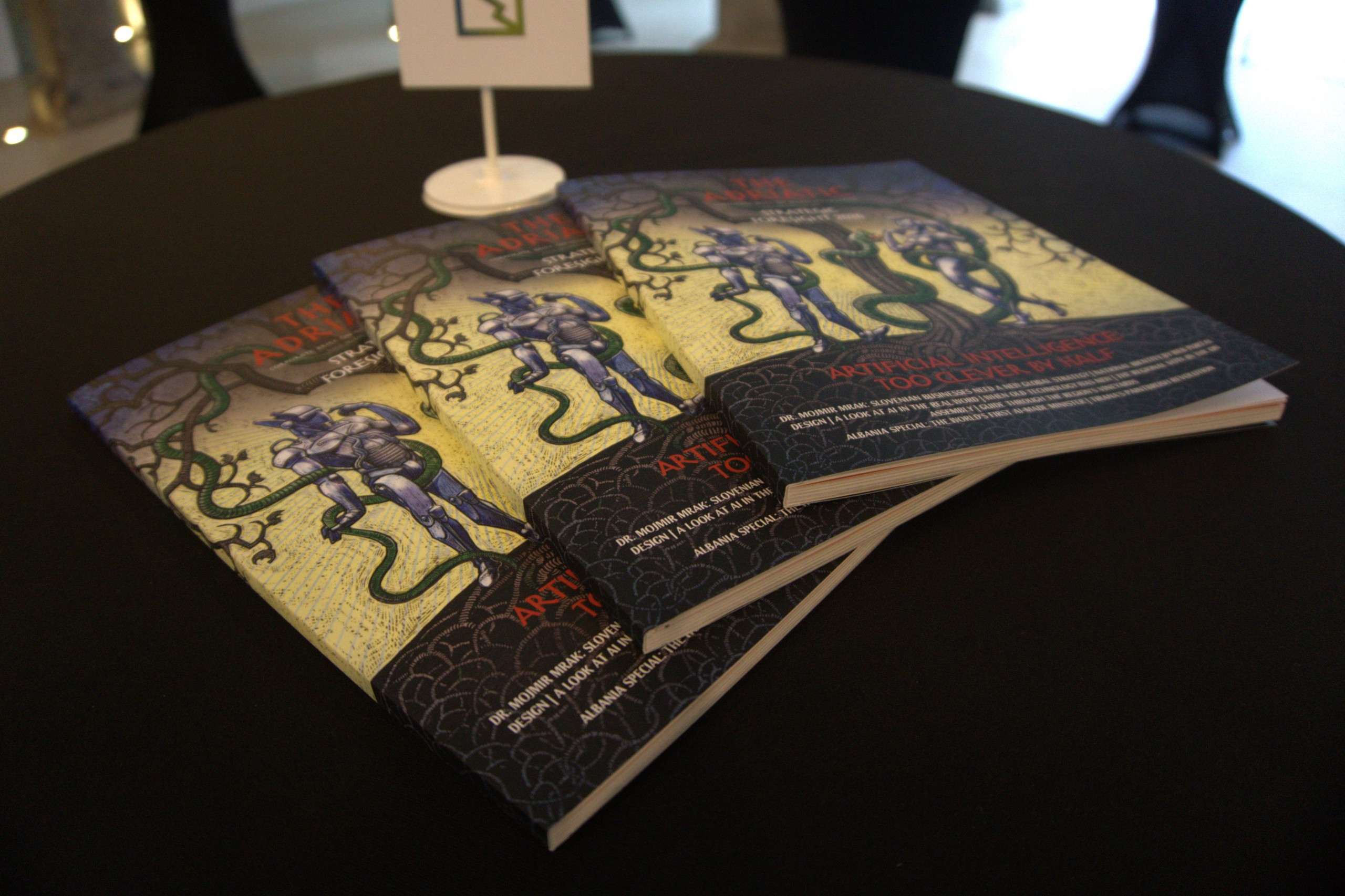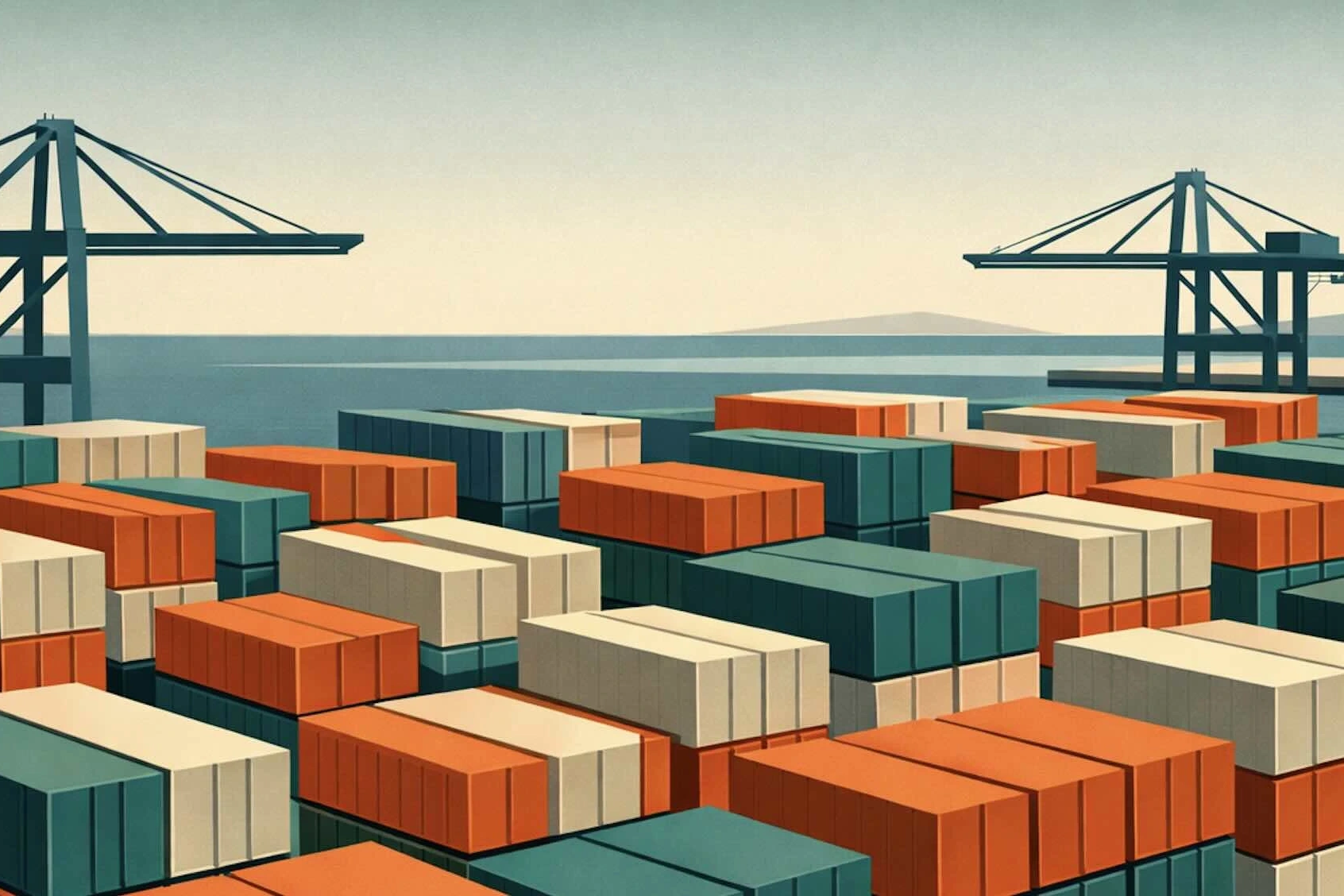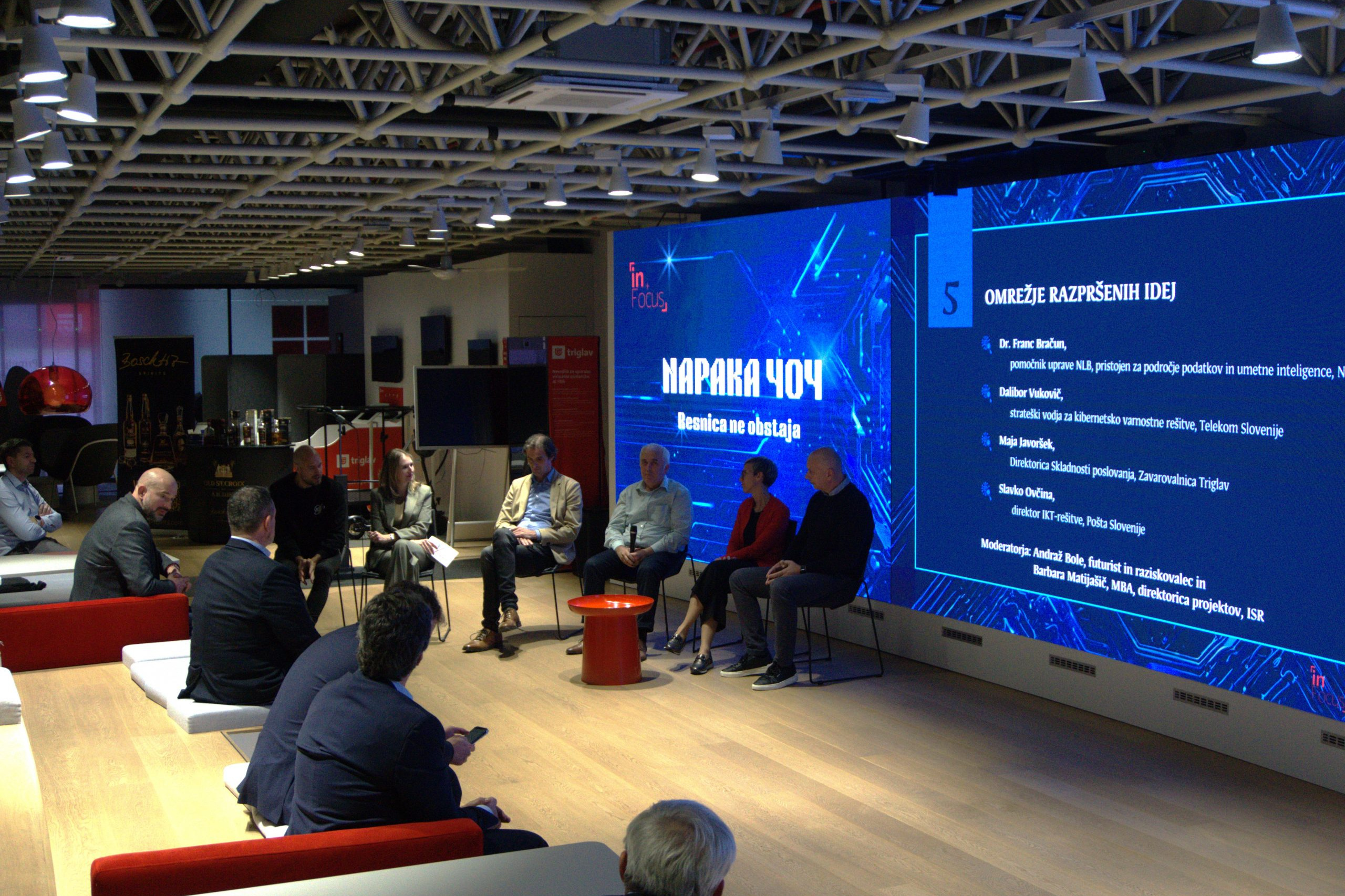Culinary meets diplomacy
Nina Novak
An interview with Tomaž Kavčič, a renowned Slovenian chef and honorary consul of Serbia in Slovenia.
As the honorary consul of Serbia in Slovenia, how do you see the intertwining of the culinary traditions of both countries, and does this influence your culinary creations?
In everyday life, the influences of traditional Serbian cuisine in Slovenia may be more visible than those of Slovenian cuisine in Serbia, which has long operated in relative isolation, with the Orient having the greatest influence.
Traditional cuisine, and therefore gastronomy, in Slovenia, particularly in our region of Primorska, has always absorbed influences from Central European cuisine, with a distinct Germanic flavor enriched by Hungarian influences on one side. On the other side, it is influenced by Mediterranean cuisine, largely shaped by Venetian gastronomy, giving it a unique identity and authenticity. When Slovenia became part of a shared state, we embraced the culinary traditions from all parts of the former Yugoslavia, further enriching the cuisine of Primorska with these influences.
As I observe, this influence and blending of different cuisines from the broader region are not as evident in Serbia. However, Belgrade, a metropolis of two million people, is significantly more cosmopolitan and globally oriented in its gastronomy. I’m not referring to traditional Serbian cuisine, which is highly valued and sought after by visitors to Serbia, but to modern cuisine, which builds on local and seasonal principles, adapting preparation techniques to the basic goal of highlighting flavors and ingredients with minimal interference.
This approach is my guiding principle in culinary creation, which I want to share with my colleagues in Serbia. Fundamentally, I understand the role of honorary consul as that of a person who deeply respects the traditions of both nations. Cuisine is one of the foundations of tradition and the broader culture of a nation.
What is your philosophy regarding the use of local ingredients and traditional recipes?
My philosophy aligns with the fundamental principles of modern cuisine: local and seasonal. I’m fortunate to operate in a region where the Mediterranean, the Alps and Balkans meet, influenced by the Pannonian Plain. I work in a region shaped by over a thousand years of interaction between Germanic, Latin, and Slavic nations, where Austrian, Italian, and Slovenian cultures blend into a unique whole. These natural features have been passed down to me as a representative of the fourth generation of restaurateus in the Vipava Valley.
When the evening breeze enriches the Mediterranean aroma with essential oils from the Karst vegetation and the sun slowly sets where, viewed from the terrace of Zemono Mansion, the Alps descend to the plains towards the Adriatic Sea, my philosophy takes on a special dimension. Even when the cold bura wind blows everything far out to the open sea. When the wind calms down, a pleasant tranquility spreads again over the Vipava Valley. All of this forms the distinctive flavors of the produce and fruits of the land and waters, visible and palpable on the terrace of Zemono Mansion. We follow traditional recipes, constantly experimenting with new cooking techniques to highlight uniqueness and original flavor of produce.
How does your style differ from others, and what do you believe is the key to success?
My style is characterized by highlighting the fundamental flavors of the ingredients. I seek techniques that enable me to do this, either by refining them or sometimes creating my own. However, everything is based on the classical knowledge of cooking that I’ve gained from the tradition of four generations of restaurateurs—now slowly transitioning to the fifth.
It’s essential to understand that gastronomy is an integral part of hospitality, which encompasses much more than just food preparation. The essence of hospitality is guest satisfaction, ensuring they feel as comfortable as possible from the moment they enter our restaurant until they leave.
My style is also recognizable for its unique presentation and plate composition. Personal touches are evident in my culinary creations, distinguishing me from others.
How do you see the future of gastronomy in Slovenia, Serbia, and globally, and what role can gastronomy play in fostering collaboration and building strategic partnerships?
The future of gastronomy undoubtedly lies in respecting local and seasonal ingredients. We must not deviate from this almost overused phrase because gastronomy contributes to the most significant challenge of our times: reducing global warming. By strictly adhering to the principles of local and seasonal ingredients, we can reduce the carbon footprint of gastronomy. However, reducing the carbon footprint is no longer enough today. We need to adapt to climate change, learn to live with it, and protect ourselves from its destructive consequences.
Top-quality gastronomy relies on premium ingredients produced by local farmers and winemakers, who are increasingly impacted by global warming. Without protecting local producers from the adverse effects of increasingly aggressive natural disasters, high-end gastronomy will not be possible in the future.
Gastronomy in Slovenia, Serbia, and globally will need to work more closely with food producers and establish patterns of collaboration and operation that will ensure effective responses to the consequences of global warming at the local level. This represents one of the biggest challenges in building strategic partnerships.
Since high-end gastronomy always entwines personal and business connections, its strategic importance is also significant in this regard. We just need to harness it properly.
How does your work as an honorary consul influence your culinary creations, and conversely, how does your culinary expertise affect your role as a consul?
The title “honorary” reveals that this is not a professional role. My profession is gastronomy and, broadly speaking, hospitality. My knowledge in this field has little in common with my role as an honorary consul. However, gastronomy and hospitality are based on daily interaction and communication with people from different professions, backgrounds, and social statuses. This breadth has given me the ability to understand and accept individuals, diverse perspectives, and opinions from the local to the global level. It’s what helps me the most in effectively and correctly fulfilling my role as honorary consul.
I took on this role because I believe that Slovenia and Serbia can build on their traditionally good cooperation, especially the positive human relationships woven through business, family, and friendship ties across many historical periods and various challenges in interpersonal, interstate, and international relations.
I am honored to bring Serbia closer to Slovenia and Slovenia to Serbia, seeking opportunities for cooperation at all levels of society, starting with the economy.
Only direct and friendly communication enables understanding and recognition of diversity, which enriches us and does not divide or cause resentment and negativity.
By nature, I am an optimist, which was undoubtedly one of the reasons I accepted the role. I always infuse this optimism into the relations between Serbia and Slovenia in my role as honorary consul.
What has been the most unexpected or inspiring experience you’ve had throughout your career, and how did it affect your work?
Every working day brings something unexpected yet inspiring. When EU member state prime ministers gathered at Brdo pri Kranju during Slovenia’s recent EU presidency, German Chancellor Angela Merkel was particularly delighted with the dessert. Despite protocol, which usually does not allow this, she requested a second serving and invited me to her table to compliment and thank me in front of everyone.
We often host well-known figures from the worlds of sports, entertainment, and business at Zemono. We are direct and warm with them, just as we are with everyday guests—almost like friends but with respectful distance. Like all other guests, they must feel as comfortable as possible and leave with the best memories.
During the recent Milan Design Week 2024, Azimut Yachts selected me to prepare the reception for their prestigious event. We share values regarding creativity and worldview. Their newest vessel is entirely made from natural materials, aligning with my commitment to the principle of local and seasonal. When a company like this recognizes your work by engaging you for such a significant business event, it is definitely an inspiring experience.
Moments like these give me energy for further work. As long as I believe they will continue to happen, I will persist in this profession, which is magical in its own way, filling me with life satisfaction and a sense of achievement. I could write a book about all of this. Perhaps I will.
THE ADRIATIC
I am text block. Click edit button to change this text. Lorem ipsum dolor sit amet, consectetur adipiscing elit. Ut elit tellus, luctus nec ullamcorper mattis, pulvinar dapibus leo.

